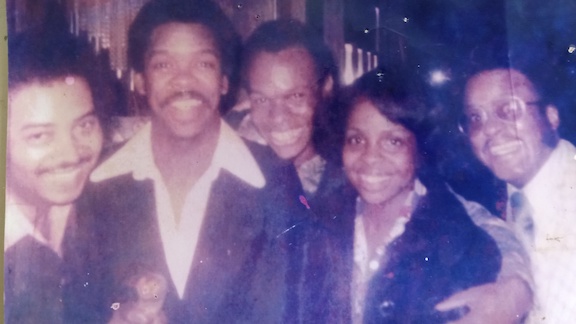BURTON FLETCHER: Your mouth is going to get you into trouble
Published 7:37 am Friday, June 6, 2025

Burton Fletcher
In a world where communication is essential, the words we choose to speak can lead us down various paths, some constructive and others potentially destructive.
The phrase “your mouth is going to get you into trouble” serves as a cautionary reminder regarding the implications of our speech.
While engaging in open dialogue is a powerful tool, it also carries the risk of misunderstandings, conflicts, and regret.
This essay explores the factors contributing to misunderstandings, the impact of careless speech, and strategies for effective communication.
Firstly, misunderstandings often arise from a lack of clarity and context in our conversations. Our intent may be innocent, but words can sometimes be interpreted in multiple ways.
For instance, a casual comment made in jest might be taken to heart by someone sensitive to that particular topic.
This gap in understanding can create unnecessary personal or professional friction in relationships.
Additionally, cultural differences play a significant role in communication. What may be considered humorous or acceptable in one culture might be offensive in another.
Thus, being mindful of the context in which we speak is crucial to ensure our words convey the intended message.
Secondly, careless speech can have lasting repercussions. Many people have found themselves in hot water due to impulsive remarks.
Social media exacerbates this issue; with a platform at our fingertips, reacting quickly without thinking through the consequences is easy.
Public figures often illustrate this problem, where a single tweet or interview statement can spark outrage, damage reputations, or even lead to legal ramifications.
This affects the individual involved and can also impact their colleagues, friends, and family. The momentary satisfaction of expressing a thought may lead to long-term damage, highlighting the importance of pausing before we speak.
Moreover, the ability to listen is just as crucial as the ability to speak. Many conflicts stem from a failure to listen actively and empathetically. When we interrupt or dismiss someone else’s experience, we risk alienating them and provoking resentment.
Building strong communication skills necessitates practicing patience and empathy, allowing others to express themselves fully before responding.
Listening fosters a deeper understanding and encourages collaborative dialogue, which can lead to resolution and connection rather than conflict.
In conclusion, “your mouth is going to get you into trouble” reminds us that our words carry weight and can have far-reaching consequences.
To navigate the complex communication landscape, we must prioritize clarity and context, exercise restraint in our expressions, and cultivate strong listening skills.
Doing so can minimize misunderstandings and conflicts, leading to healthier relationships and a more harmonious social environment.
In essence, our speech is responsible not only for its content but also for our mindfulness of its impact on others.
Consciously communicating thoughtfully can help us avoid unnecessary troubles and enhance our connection with those around us.
I want to dedicate this essay to Tom, Mark, and Talia, expressing my gratitude for the valuable lessons in communication that they imparted to me.
Burton Fletcher, JD, MBA, is a South Georgia advocate for mental health awareness. He is the president of the Burton Fletcher Foundation for Animals, a Green Jacket Ambassador for the Valdosta-Lowndes County Chamber of Commerce, and a member of the Board of the local American Red Cross.





